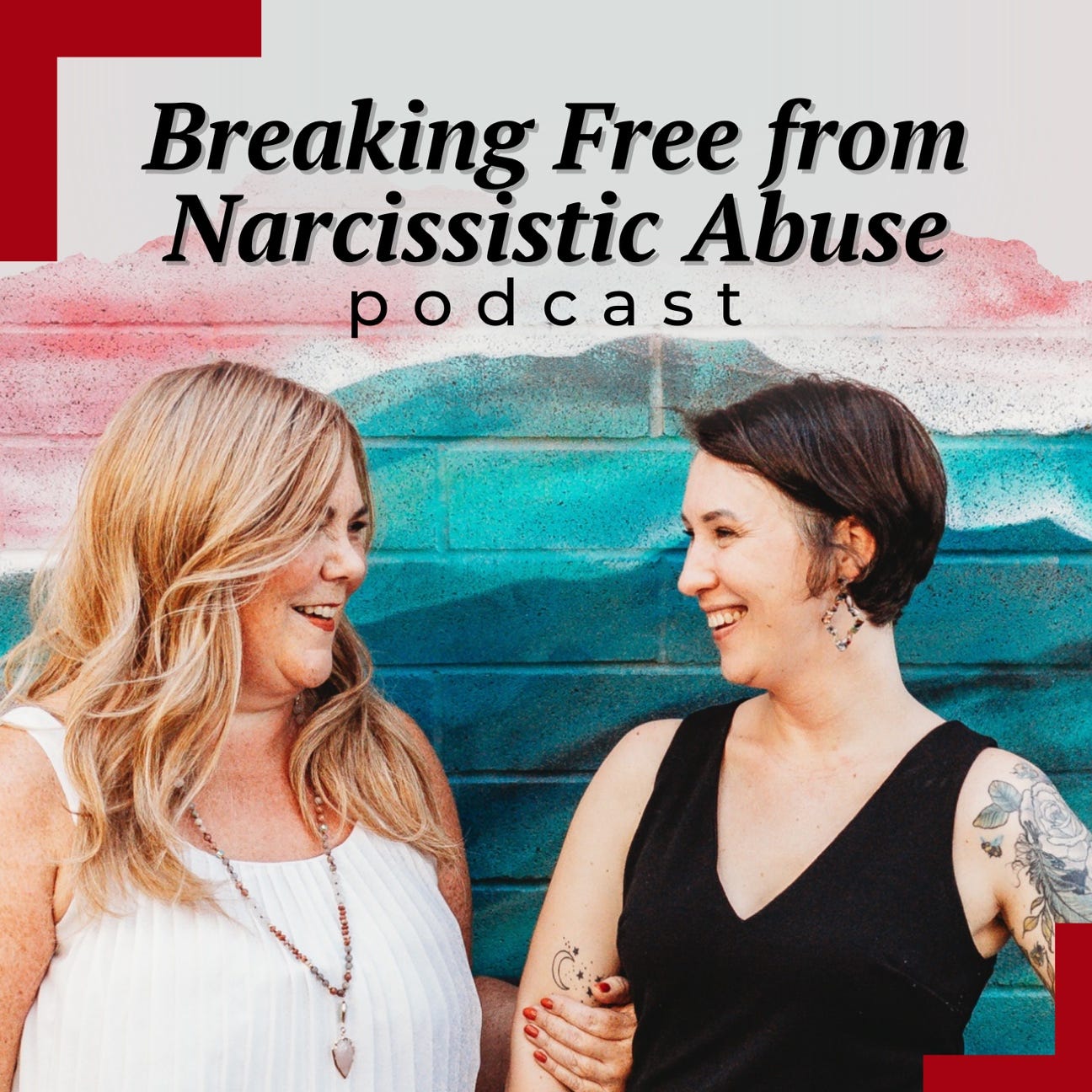Are all toxic people abusive?
Hi!
I’ve encountered many people over the years that I’d consider “toxic.” These could be friends, parents, family members, lovers, or co-workers that were always gossiping or constantly involved in drama, passive-aggressive, excessively negative, controlling, self-centered, or hypercritical.
Clearly, these were people I couldn’t continue to spend time around. I actually felt drained spending any time around them, so their behaviors were detrimental to my own well-being, but were they abusive?
Let’s discuss the differences:
Understanding Toxic Behavior vs. Abuse
Plain Ol’ Toxic Behavior: Toxic behavior encompasses a spectrum of negative actions, attitudes, and interpersonal dynamics. While toxic individuals may harm others emotionally, mentally, or socially, they may not necessarily have the intent to exert control or domination, which is a requirement of abuse. Not all toxic individuals escalate to abusive behavior, but their actions can still suck.
Abusive Behavior: Abuse involves intentional harm and the exertion of control or power over another person. It manifests in forms such as physical abuse, emotional abuse, verbal abuse, or financial abuse. Abuse is characterized by its severity and the clear intention to harm the victim.
Even if it’s JUST toxic behavior and not abuse, it’s still important to address if you plan on continuing the relationship or you’re stuck with them (because they’re a work colleague for example). Here’s a way to handle that:
Addressing Toxic Behavior
Tip: Set and Communicate Boundaries
When dealing with toxic behavior, setting and communicating boundaries is a powerful strategy. Here's how you can do it:
Self-Reflection: Start by recognizing what behavior makes you uncomfortable and negatively affects your well-being. Self-reflection helps you identify the specific toxic traits you're encountering.
Establish Clear Boundaries: Once you've pinpointed the problematic behavior, set clear and firm boundaries. These boundaries should communicate what you will and will not tolerate in the relationship. For example, "I won't engage in gossip" or "I expect respectful communication."
Communicate Openly: Approach the individual with empathy and honesty. Express your feelings and concerns without blame or accusations. Use "I" statements to explain how their behavior affects you. For instance, "I feel hurt when you criticize me in public."
Consistency is Key: Stick to your boundaries consistently. Reinforce your commitment to healthy boundaries by calmly but firmly upholding them when needed. Be prepared for potential resistance or pushback.
Assess and Adjust: Periodically assess how well your boundaries are working. If the toxic behavior continues or escalates, reevaluate the relationship and consider whether further action, such as distancing yourself, may be necessary.
Addressing toxic behavior takes time and patience. The goal is not to change the toxic person, but to protect your own well-being and foster healthier interactions.
Not all toxic individuals are abusive, but understanding the difference between toxic behavior and abuse empowers you to navigate relationships more effectively. Setting and communicating boundaries is a practical step to address toxic behavior and create a healthier environment.
✍️If you want to break free of toxic relationships and create a healthy relationship with yourself and others in just 12 weeks, consider applying to work with me.
Resource Recommendations:
Digital products:
Books (Affiliate links, which means I may earn a commission at no extra cost to you):
Love More, Fight Less: Communication Skills Every Couple Needs: A Relationship Workbook for Couples by Gina Senarighi
Couple Skills: Making Your Relationship Work by Matthew McKay
Master Your Emotions: A Practical Guide to Overcome Negativity and Better Manage Your Feelings by Thibaut Meurisse
Communicate Your Feelings (Without Starting a Fight): What to Say and What Not to Say to Your Partner by Nic Saluppo
(And if you'd like to read or listen to some of these books for FREE, you can get 60 days free off at Scribd with a free trial.)
Course:
Emotional Intelligence: Master Your Emotions (Use code "TARA15" to get this for just $14.99!)
In our most recent episode of Breaking Free from Narcissistic Abuse, Kerry and I address the common accusation about narcissists and other toxic people as “always abusive” in this podcast episode. The self-help tip is how to use a detailed history of our personal background to determine if we might be the one causing the relationship problems.
Keep reading with a 7-day free trial
Subscribe to Tara, Relationship Coach to keep reading this post and get 7 days of free access to the full post archives.




